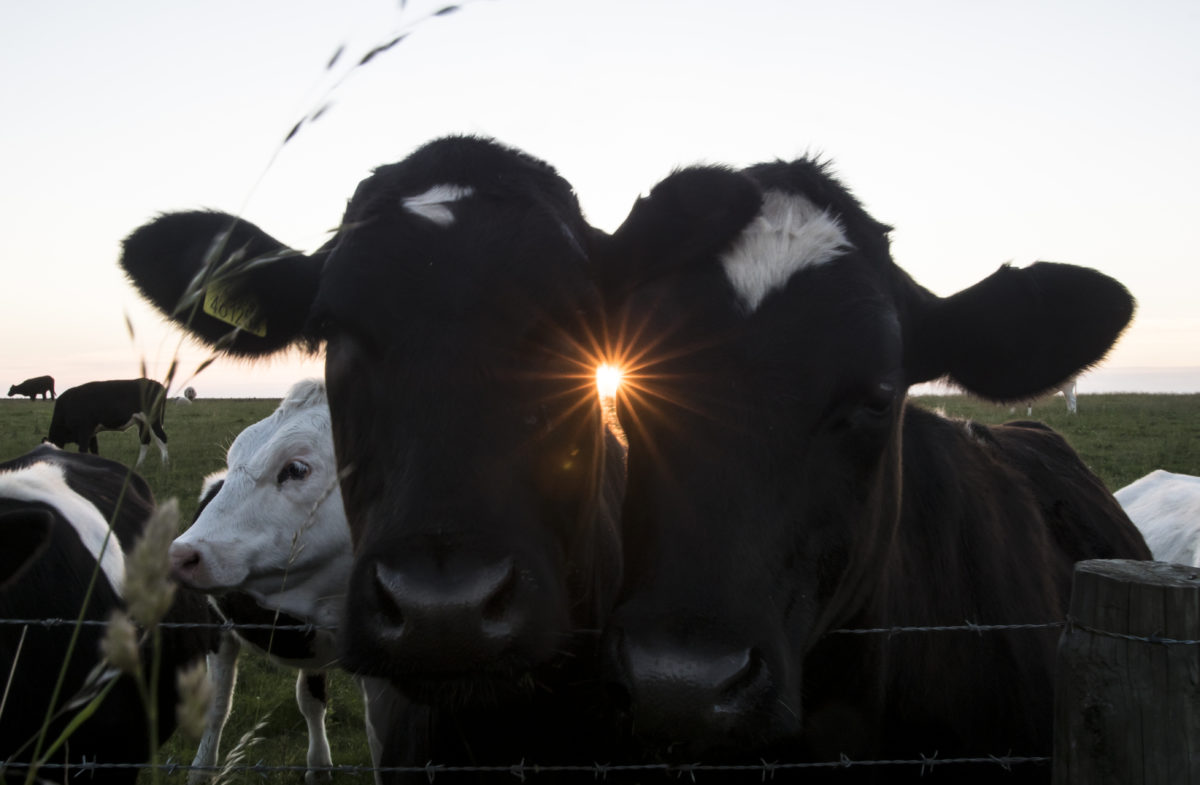The Malaysia Automotive, Robotics and IoT Institute (MARii) is planning a 1 GW solar project which will incorporate livestock farming in the Sabah state of northern Borneo.
The institute – which is jointly owned by Malaysia’s largest car manufacturer, Perodua, and fellow automotive company Arus Jaya – confirmed reports carried in local media and told pv magazine it has already secured $50 million for the project’s first, 200 MW phase. The institute said the solar park will occupy 25,000ha with solar panels also deployed on barns and warehouses and will host up to 150,000 cattle.
The project will be developed by South Korean biomass specialist NET Kovina Co, Ltd and Malaysian-South Korean company Max Legacy Sdn Bhd. Representatives of the two companies, along with MARii staff, have met Malaysia’s international trade and industry minister, Datuk Darell, to discuss project details.
Farming features
“The project will create a new concept of smart farming in which the primary, secondary, tertiary and quaternary industries – including [a] livestock farming business and industrial complex, manufacturing and service industries – grow,” MARii chief executive Datuk Madani Sahari reportedly told Malaysian media. “More importantly, the project would also collaborate with local farmers on the cultivation of forage crops such as kenaf, corn, wheat and hay for livestock.”
No further technical or financial details of the project were provided and it is unclear whether the complex will receive public funding.
A 50 MW agrivoltaic project was recently commissioned in the state of Kedah, in northwest Malaysia. That plant, which features JA Solar modules, was built by Chinese state-owned power company Edra Power Holdings Sdn Bhd on a 104ha plot in the town of Kuala Ketil, northeast of Penang.
The Malaysian government supports large scale PV capacity deployment through an auction procurement mechanism.
A recently launched tender for 500 MW of project capacity attracted 112 bids for a total of more than 6.73 GW of renewables facilities. The first round of the national procurement program, in 2016, had a 50 MW limit on proposed project sizes and allocated 200 MW of generation capacity plus 50 MW on Sabah. The second round, held in 2017 and featuring a 30 MW size limit, secured 360 MW more solar plus 100 MW in Sabah and Labuan.
This content is protected by copyright and may not be reused. If you want to cooperate with us and would like to reuse some of our content, please contact: editors@pv-magazine.com.




1 comment
By submitting this form you agree to pv magazine using your data for the purposes of publishing your comment.
Your personal data will only be disclosed or otherwise transmitted to third parties for the purposes of spam filtering or if this is necessary for technical maintenance of the website. Any other transfer to third parties will not take place unless this is justified on the basis of applicable data protection regulations or if pv magazine is legally obliged to do so.
You may revoke this consent at any time with effect for the future, in which case your personal data will be deleted immediately. Otherwise, your data will be deleted if pv magazine has processed your request or the purpose of data storage is fulfilled.
Further information on data privacy can be found in our Data Protection Policy.